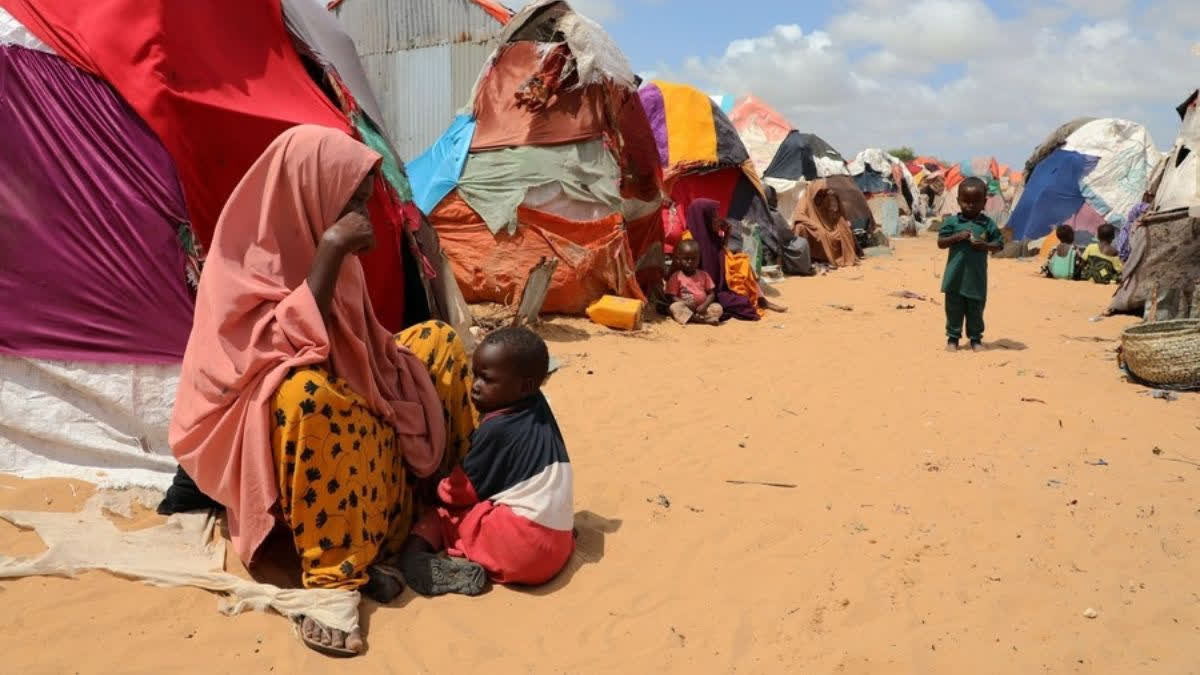Hyderabad: A new report warns that people fleeing war, violence, and persecution are increasingly facing the dangers of the global climate crisis. They are exposed to multiple threats but lack the funding and support needed to adapt. The report, released by the UN Refugee Agency (UNHCR) along with 13 expert organisations, research institutions, and refugee-led groups, highlights how climate shocks are worsening conflicts, putting already vulnerable people in more dangerous situations.
According to the report, "No Escape: On the Frontlines of Climate Change, Conflict and Forced Displacement", out of the more than 120 million people forcibly displaced worldwide, three-quarters live in countries heavily affected by climate change. Half of them are reportedly in places suffering from both conflict and severe climate hazards, which include countries like Ethiopia, Haiti, Myanmar, Somalia, Sudan, and Syria.
As per the report, the number of countries facing extreme climate-related hazards will increase from 3 to 65 by 2040, most of which host displaced people. By 2050, most refugee settlements and camps are expected to experience twice as many days of dangerous heat, the report adds.
UN High Commissioner for Refugees Filippo Grandi said that climate change deeply affects the world's most vulnerable people. "The climate crisis is causing displacement in regions already hosting many people uprooted by conflict and insecurity, worsening their situation and leaving them with no safe place to go," he said.
The conflict in Sudan has displaced millions, with 700,000 fleeing to Chad, a country heavily affected by climate change. Those remaining in Sudan face further displacement due to severe flooding. Similarly, 72 per cent of Myanmar's refugees have sought safety in Bangladesh, which frequently experiences extreme natural hazards like cyclones and flooding.
Grace Dorong, a climate activist and former refugee in South Sudan, highlights that long-term displacement has made the effects of climate change very visible in their region. She hopes the report will help decision-makers understand that without action, forced displacement and climate impacts will worsen, but with their input, they can help find solutions.
The report highlights that climate financing is not reaching refugees, host communities, and others in fragile and war-torn countries, making adaptation to climate change difficult. Extremely fragile states receive only about $2 per person annually for climate adaptation, compared to $161 per person in non-fragile states. Additionally, over 90 per of the funding that does reach fragile states goes to capital cities, leaving other areas underserved.
Filippo Grandi calls the climate emergency a deep injustice, noting that displaced people and their host communities, who contribute least to carbon emissions, suffer the most. He emphasises that billions in climate financing don't reach them, and humanitarian aid is insufficient. Grandi urges urgent action and proper resources to prevent those affected from being trapped.



